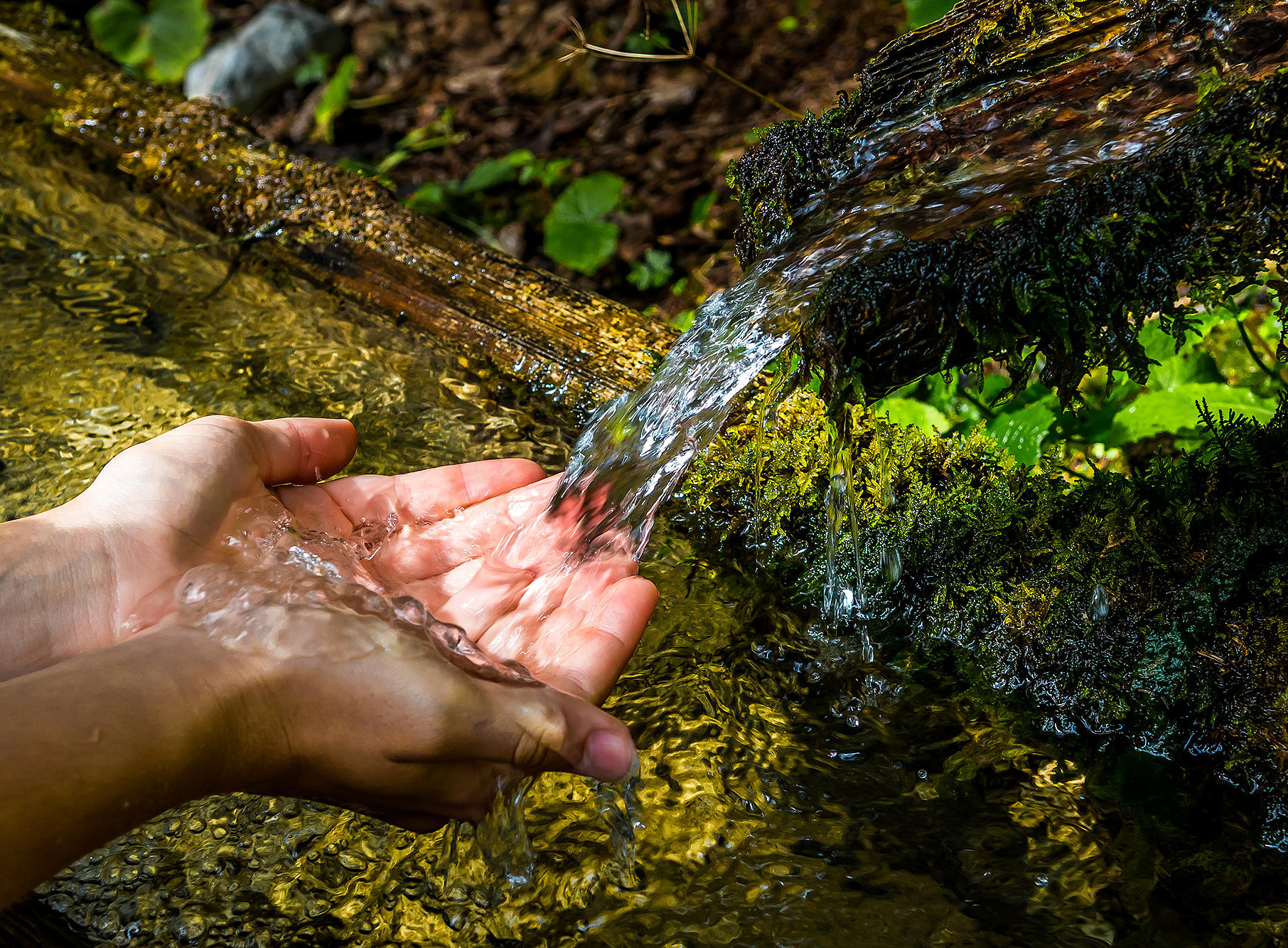Prolonged drought has already led to crop failures this year, particularly in eastern Austria. Higher fees for filling private pools were only recently discussed. However, the demand for drinking water is still covered. "Calculated over the year, high alpine sources guarantee a sufficient supply. However, climate change is clearly noticeable," says Gerfried Winkler, summarising the results of the latest study. The hydrogeologist at the University of Graz and his team have analysed the discharge volumes of 27 selected springs in the Austrian Alps for the period 1997-2022 and compared them with weather data.
Warmer winters have led to water reservoirs in the mountains also being filled at this time of year. However, due to the earlier onset of snowmelt in spring, they empty more quickly over the summer. "Autumn then becomes drier and drier," Winkler sums up. "In general, there is more frequent low water, especially in karst regions." The increased runoff in the winter months is likely to benefit electricity generation, while the decline in summer could become a problem for drinking water supplies and the ecological balance in the long term.
Important reservoirs
Alpine springs are particularly important for Austria's water supply during dry periods. How climate change affects their discharge was largely unknown before the study. However, some of the results of the study raise questions: "The developments in some high-altitude reservoirs influenced by snow do not consistently match the observed weather trends. This means that we have not yet captured all the relevant processes," concludes Winkler. We therefore need long-term data series from springs and good knowledge of their catchment areas in order to better predict future water availability.
